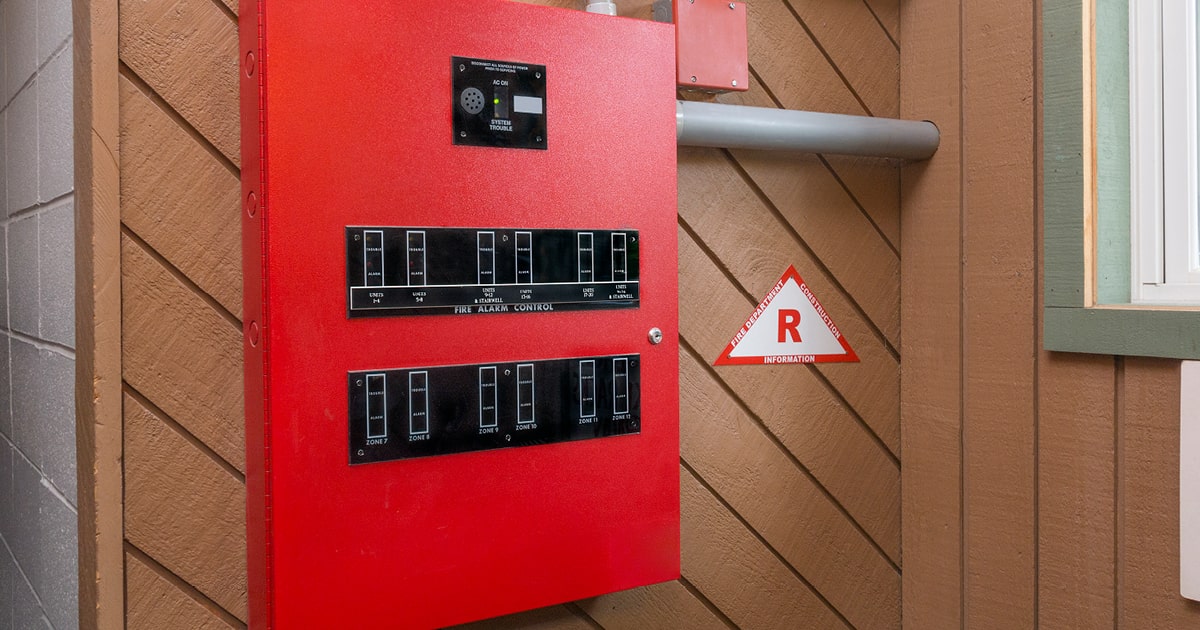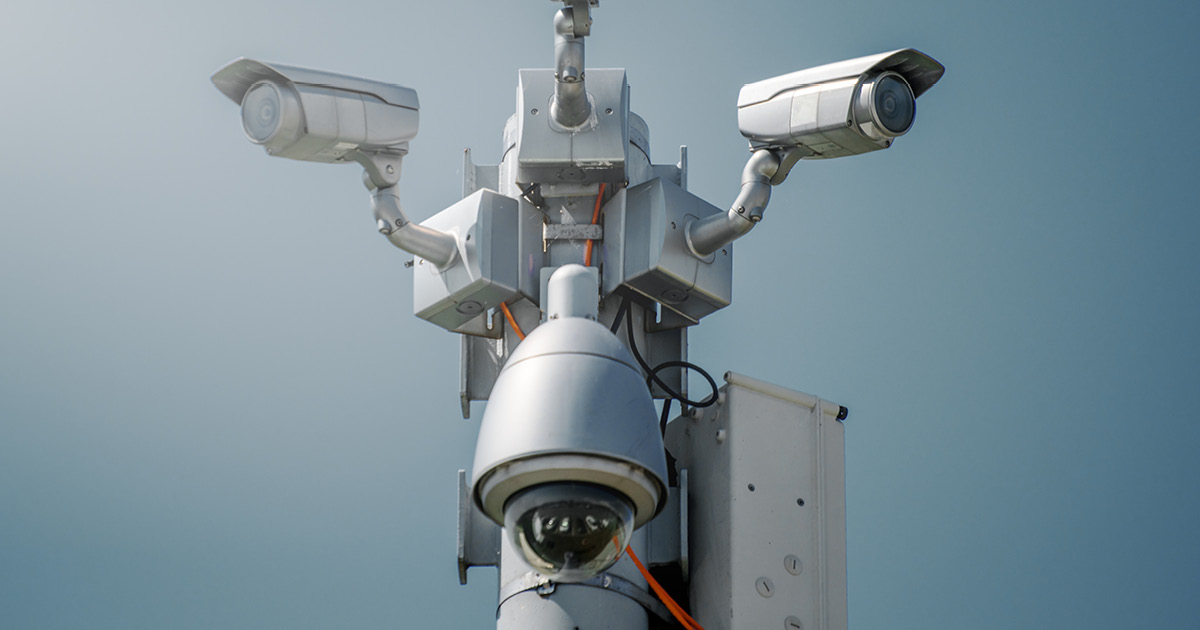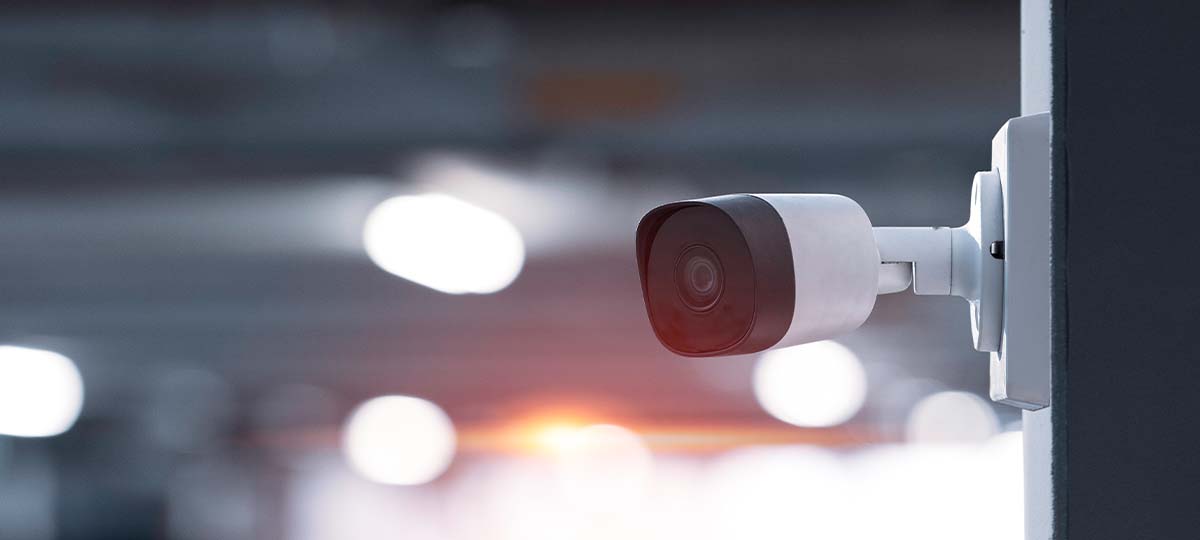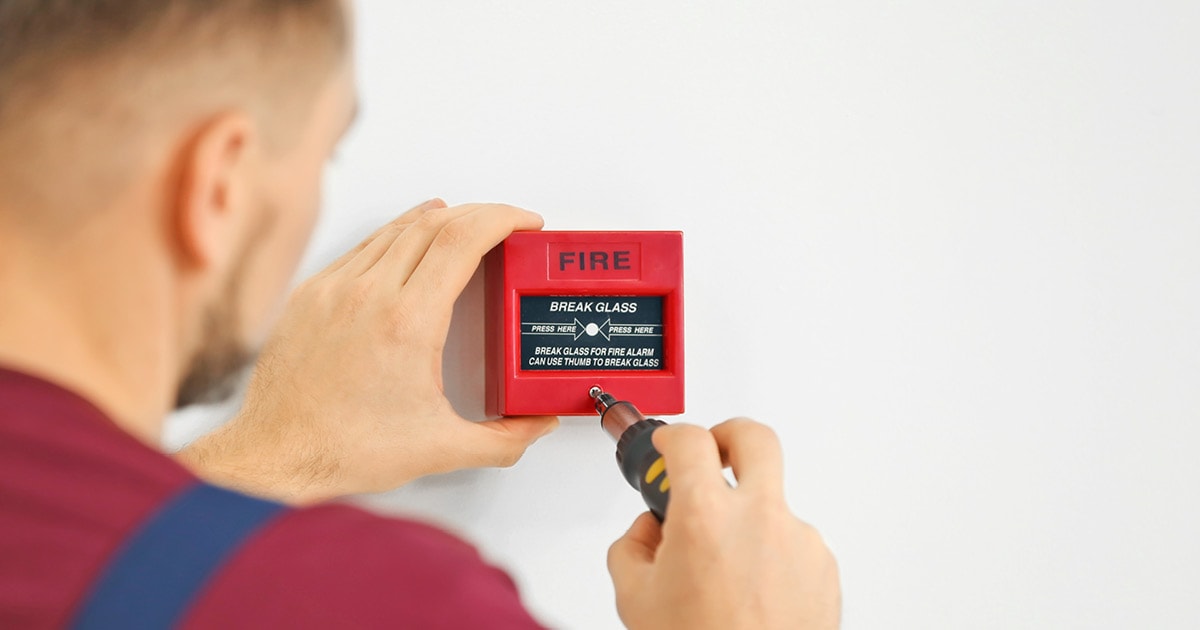How to Make Your Business’s Fire and Security Systems ADA Compliant
The Americans with Disabilities Act (ADA) was created to stop discrimination against and to ensure the rights of people with disabilities. It serves as an equal opportunity law for people with disabilities, defined as “physical or mental impairment that substantively limits one or more major life activities.”
For businesses, the ADA means that the services and physical locations of an organization need to be as accessible as possible for people with disabilities.
Business Requirements
Title III of the ADA deals specifically with the requirements for businesses and non-profits.
The text of the law is vague. You may be surprised the law doesn’t outline specific measures required in all buildings. It is up to businesses and property managers to determine the needs of the facility based on two broad goals of the Act.
Most are aware it’s their responsibility to remove any structural obstacles that would impede someone from entering and navigating their building. But they are also legally obligated to eliminate any barriers that could undermine a person’s safety during an emergency.
People with disabilities face different complications during an emergency crisis, which impacts the type of fire and security system components businesses have in place.
For instance, an audible fire alarm is not helpful for someone who is hearing impaired so visual fire alarms include flashing strobe lights to indicate an emergency to occupants of a building who may be hearing impaired.
People who are mobility impaired may require additional assistance to get out of harm’s way and may not be able to navigate stairs. This means that an alternate means of alerting emergency responders to their location should be a part of your emergency evacuation procedures. Some building codes require an Area of Refuge as part of a building’s fire security measures to provide a place where those with mobility issues can safely wait for assistance.
Speech impaired people need alternative ways to communicate in a crisis. People with cognitive impairments could require more uncomplicated instructions, which may be challenging to deliver in a crisis.
Employers and landlords must provide reasonable accommodations to qualified individuals with disabilities. If there is a deficiency, an employee must request a workplace accommodation relating to a medical condition.
For example, consider if the fire alarm pull stations in your business are installed at a reasonable height for someone in a wheelchair?
The ADA does not set a specific time frame for responding to an accommodation request; any unnecessary delay may result in failure to accommodate or retaliation claims. Consequently, employers should begin the reasonable accommodation process as soon as a request is received.
Resources to Help
As a business owner, how can you make your security and fire protection systems ADA compliant?
Begin by conducting a risk assessment of your systems. It’s a good idea to do this on an annual basis. Guidance is available from several sources, among them:
- The National Fire Protection Association – The NFPA has nearly 300 codes and standards available for free online that reflect industry needs and evolving technologies.
- International Code Council– The IBC helps preserve public health and safety via safeguards from hazards associated with the built environment. It addresses the design and installation of materials that meet or exceed public health and safety goals.
- OSHA – The Occupational Safety and Health Administration (part of the US Department of Labor)
- HUD – The Department of Housing and Urban Development features the Fair Housing Act Accessibility Guidelines as well as the Uniform Federal Accessibility Standards.
- State and local building inspectors and zoning boards are also a worthwhile resource for any language specified in your area.
The National Fire Protection Association – The NFPA has nearly 300 codes and standards available for free online that reflect industry needs and evolving technologies.
International Code Council– The IBC helps preserve public health and safety via safeguards from hazards associated with the built environment. It addresses the design and installation of materials that meet or exceed public health and safety goals.
OSHA – The Occupational Safety and Health Administration (part of the US Department of Labor)
HUD – The Department of Housing and Urban Development features the Fair Housing Act Accessibility Guidelines as well as the Uniform Federal Accessibility Standards.
State and local building inspectors and zoning boards are also a worthwhile resource for any language specified in your area.
Consequences for Not Complying
Failure to comply with requirements for eliminating barriers or making reasonable accommodations can lead to severe consequences. While the Department of Justice may not sue a party unless negotiations to settle a dispute have failed, the DOJ may file lawsuits in federal court to enforce compliance. The courts, in turn, may order compensation for damages and back pay to remedy the discrimination if the DOJ wins the case.
Under Title III, the DOJ also may obtain civil penalties up to $55,000 for a first violation and $110,000 for any subsequent ADA compliance violation.
Not willing to risk those kinds of penalties? As always, we’re ready to work with you to create an ADA compliant security or fire protection system individually designed to meet the needs of you and your employees and customers.
Contact us today to learn more.











